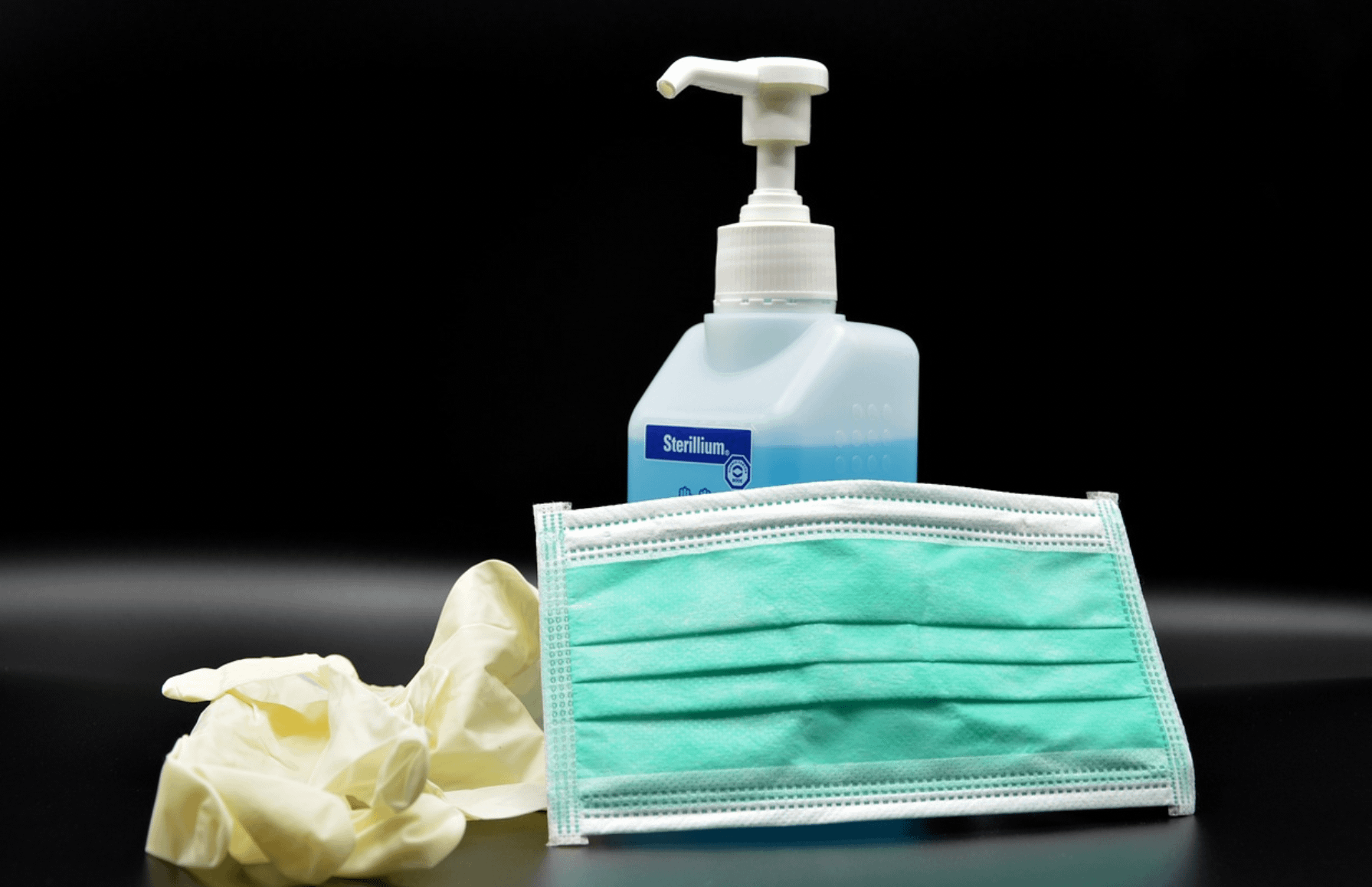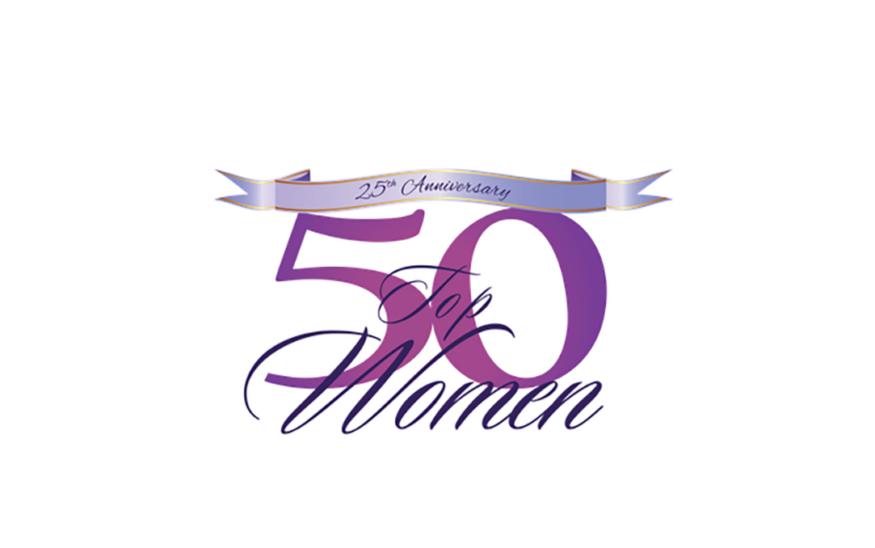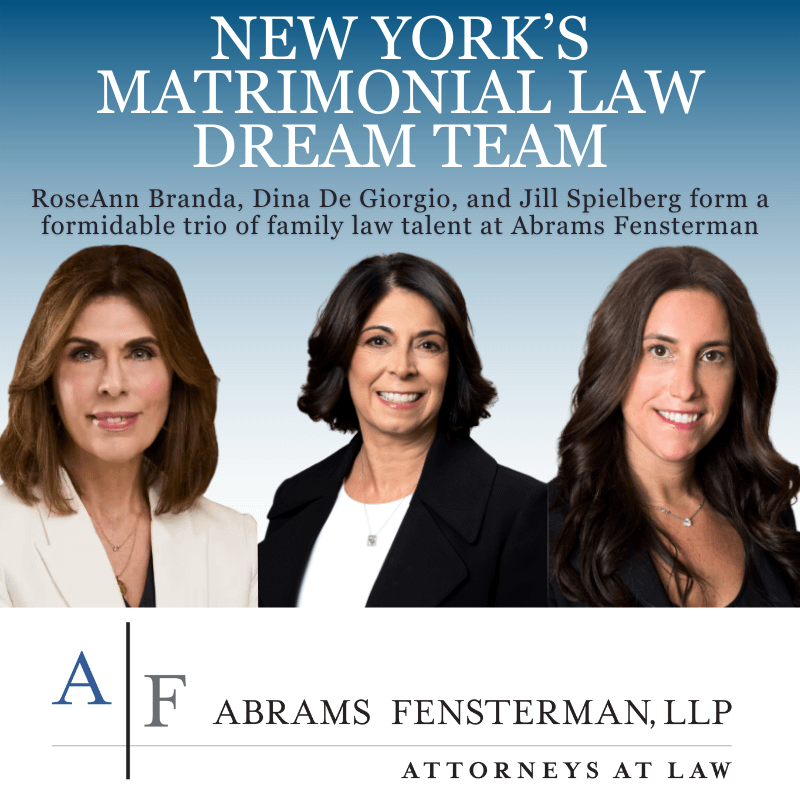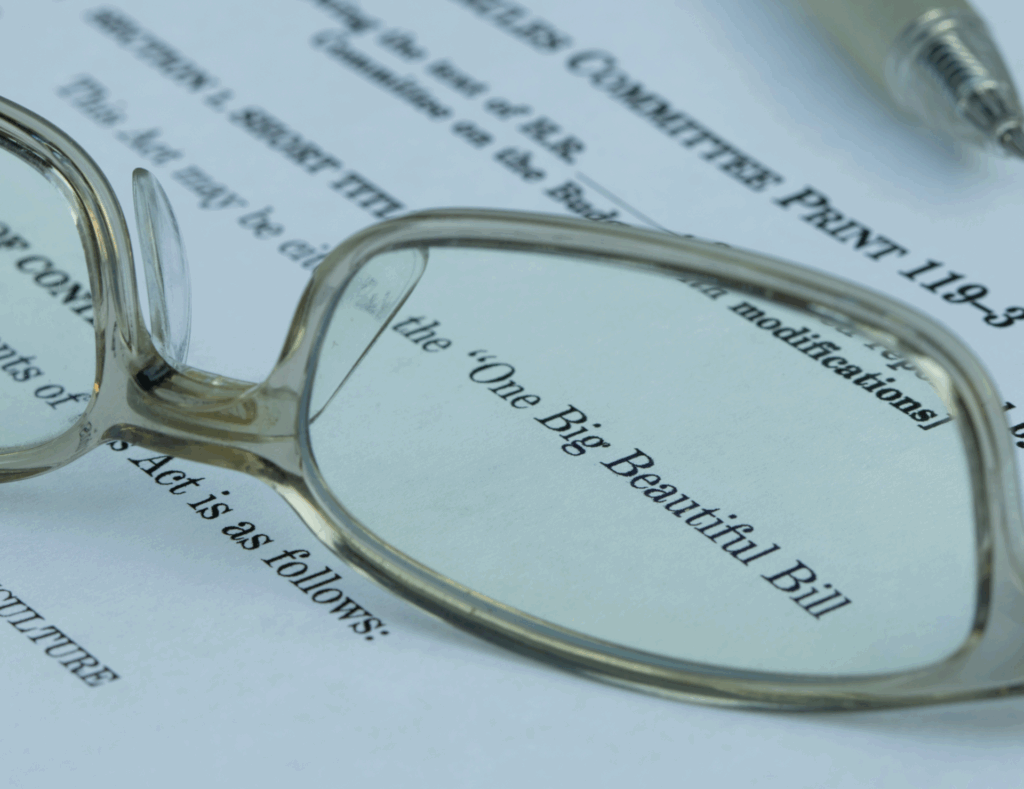This article addresses basic concepts of due process derived from a deep well of mental hygiene law that are equally applicable to quarantine law. Next, the article addresses federal law surrounding quarantining individuals, New York law, and the law in New York City. Finally, the article discusses proposals for amendments to current quarantine law.
By Eric Broutman | April 13, 2020 at 10:00 AM
With the deadly onset of COVID-19 we can all agree that those who are sick with the virus, as well as those in direct contact with sick people, should be quarantined and isolated from the rest of the public. While a seemingly sensible idea, and one which we all hope those afflicted would follow voluntarily, it raises the question: What legal authority does the government have to hold an individual against his will in a hospital or at home? What happens if the individual disagrees and believes they are no longer sick? A similar situation occurred recently in New Rochelle, N.Y., where the Department of Health continued to order the isolation of a number of residents because they either previously tested positive or came into contact with an individual that tested positive. When their lawyer threatened a lawsuit, the DOH relented and realized it no longer had the legal authority to hold these people, relinquishing the quarantine order. It is anticipated that these types of legal questions will continue as COVID-19 spreads and citizens become increasingly weary of self-isolation.
Ordinarily the government may only restrict your liberty in a criminal context, where it has been proven, beyond a reasonable doubt, that an individual has committed a criminal act. Here, quarantine law is strikingly similar to mental hygiene law in that it is the only other area of law where the government may restrict an individual’s liberty not because of a criminal act in the past, but because of something that may occur in the future. Not surprisingly, many of the concepts that are utilized in quarantine law were adopted from mental hygiene law and we can use that similarity to create a more robust and legally defensible framework than what currently exists.
This article addresses basic concepts of due process derived from a deep well of mental hygiene law that are equally applicable to quarantine law. Next, the article addresses federal law surrounding quarantining individuals, New York law, and the law in New York City. Finally, the article discusses proposals for amendments to current quarantine law.
Due Process and Quarantine Law
The constitution demands basic due process protections for any infringement upon an individual’s due process rights. To that point, the Supreme Court has long recognized that a deprivation of one’s liberty interest is a significant deprivation of due process rights and requires substantial protections. Addington v. Texas, 441 U.S. 418 (1979). Hence, as individual to be quarantined must receive the basic hallmarks of due process including notice—outlining the reasons why the individual is to be quarantined, and a reasonable opportunity to challenge that quarantine either before it occurs, or shortly thereafter. City of West Covina v. Perkins, 525 U.S. 234 (1999). In addition, there must be a statutory framework allowing the individual to challenge her confinement either prior to it taking place, or immediately thereafter. Of course, in the absence of a readily available statutory framework to challenge one’s quarantine there is always the availability of a habeas corpus challenge to the detention.
When an individual seeks to challenge his confinement the standard of proof will likewise be adopted from mental hygiene law. In psychiatric cases the Supreme Court requires that to detain an individual against his will the state must prove its case by clear and convincing evidence, the highest possible standard in civil matters. Bradley v. Crowell, 181 Misc.2d 529 (Suff. Cty. Ct. 1999) (holding that when an individual challenges a quarantine the proper standard should be that used in mental hygiene matters, clear and convincing).
Additionally, the facts to be proven would likewise be similar to that of a psychiatric matter where the state must prove that the individual poses a danger to himself or others as a result of their mental illness. O’Connor, 422 U.S. at 575 (holding that the state cannot hold a mentally ill individual if they are “dangerous to no one and can live safely in freedom”). Similarly, where the government, federal or state, seeks to quarantine an individual, it must prove by clear and convincing evidence that the individual poses a danger to others as a result of being inflicted with a communicable disease. This will require proof that (1) the individual is inflicted with the disease in question, (2) that the individuals own efforts to quarantine himself are insufficient, and (3) that the disease is so contagious that he poses a risk of harm to the community if not quarantined.
This raises the natural question of what proof is necessary to meet this standard? It seems obvious that a positive test for COVID-19 would suffice, but what if the individual has not yet tested positive, but lives in the same household as someone who has? What if the individual tests positive and promises to stay home, but the person lives in a crowded apartment complex; can the government remove that individual to a more secure location like a hospital or similar institution? What if the individual previously tested positive, but is no longer symptomatic, which was the issue in the previously discussed New Rochelle matter? What if tests are shown to contain false positives, can we then trust an actual positive test? These questions will remain until courts grapple with these ever-evolving factual scenarios.
Federal Quarantine Law
Federal law in this area is somewhat limited, mostly due to federalism restrictions placed on the government’s ability to act within the states. Federal law allows the federal government to quarantine individuals in two circumstances: (1) To prevent an infected individual from entering the country in the first place, or (2) to prevent an infected individual from crossing state lines. 42 U.S.C. §264 & 42 C.F.R. parts 70 and 71. Hence, in most circumstances quarantining individuals will be the province of state or local governments, and not the federal government unless the circumstance involves interstate or international travel. Despite this, the federal government reserves the right to institute quarantine orders on individuals within a state if the state has shown an inability to adequately quarantine the individual or other members of its population. 42 C.F.R. §70.2.
New York State Quarantine Law
Under state law (except for New York City, which has its own body of law described in the next section) local boards of health are charged with preventing the spread of communicable diseases, including providing for the “isolation of cases of communicable diseases in a hospital or elsewhere when necessary for protection of the public health.” PHL §2100. To further this goal, Public Health Law §2120 authorizes Commissioners of Health to petition a court for a quarantine order when an individual is unwilling or unable to follow a quarantine recommendation. In accordance with the due process principles discussed above, in order to quarantine an individual, the court must conclude that the individual poses a danger to others due to the communicable disease. Id. The court may then authorize a hospital or similar institution to quarantine the individual.
While the evidentiary standard, as well as the standard of proof are identical in quarantine and mental hygiene cases, proof by clear and convincing evidence that the individual pose a danger to others, the petitioner as well as the procedure are quite different. With psychiatric commitments it is ordinarily the individual hospital seeking to retain the patient that petitions the court, as opposed to quarantine cases where it must be the local or state Department of Health initiating the petition. Compare PHL §2120 and Article 9 of the Ment. Hyg. Law. Another substantial difference is that the Mental Hygiene Law, recognizing the immediacy of the problem, authorizes retention of a psychiatric patient for up to 60 days without court approval, whereas in the quarantine context, the Department of Health, may first obtain a court order prior to enforcing a quarantine.
New York City Quarantine Law
Due to its sheer size, New York City is authorized to enact its own laws surrounding quarantine. Unlike state law, New York City authorizes the Commissioner of Health to issue an order detaining an individual in a hospital, institution, or their home without first obtaining court authorization. N.Y.C. Health Codes and Rules §11.23(a). The Commissioner is authorized to detain an individual for up to 60 days without a court order, however, if the individual requests a hearing the Commissioner must submit an application to the court seeking continued quarantine within three business days. N.Y.C. Health Codes and Rules §11.23(f). A court hearing must be held within five days from the date the individual requests a hearing, otherwise the individual must be set free. Id. Thereafter, the Commissioner must seek court authorization every 90 days to continue an individual’s detention. Id.
Issues under Current Law
The most obvious and glaring issue with the current regime of statutes is that they either require the government entity to initiate court proceedings to quarantine an individual, as with the state law, or, with the law in New Yok City, requires the commissioner of health to act in first issuing the order and then to defend that order in court if it is challenged. The problem with the state law is that by the time a Commissioner of Health drafts a court proceeding, files it with the court, and a hearing is had, days to weeks may pass. During that time the infected individual is free to travel about the community and can infect dozens of other people until a court order is issued. While the statutory framework in New York City is more robust in that it allows for the immediate quarantine of the individual without a court order, it still requires that the Commissioner of Health issue the order.
A much more effective regime should be borrowed from mental hygiene matters where the hospital can, upon the certification of a physician (or multiple physicians if deemed more appropriate) quarantine an individual for a period of time, perhaps 15 days, without court order. To protect individual rights, the quarantined person must be allowed to challenge that quarantine upon request. To further protect individual liberty interests, Mental Hygiene Legal Services, the state agency charged with representing psychiatric individuals, can be tasked with representing quarantined individuals as well.
A regime structured in this manner, much like the involuntary confinement of psychiatric patients, recognizes the speed with which authorities must act to quarantine ill and contagious individuals. The current statutory regime clearly was not designed to protect the public from a fast moving and highly contagious illness like the COVID-19 pandemic. It is most likely the hospital setting where clinicians will first come into contact with individuals requiring quarantine. Relying upon Departments of Health to seek court orders, either before or after the individual is quarantined, simply fails to achieve the goal of protecting the community from a contagious disease. Departments of Health are simply ill equipped to locate every individual requiring quarantine, and do not have the legal staff and other personnel to draft large-scale paperwork to quarantine individuals let alone to represent the government in court when individuals challenge them. The focus of the Department of Health should be to educate the public on how to best protect themselves and others, and on how to combat this illness. Hospitals are already well equipped with their infrastructure created to handle court applications for psychiatric patients and therefore the law should be amended to give hospitals the same power to quarantine individuals as they already maintain to confine psychiatric patients.
Reprinted with permission from the April 13, 2020 edition of The New York Law Journal, © 2020 ALM Media Properties, LLC. All rights reserved.
Further duplication without permission is prohibited. ALMReprints.com – 877-257-3382 – [email protected].





